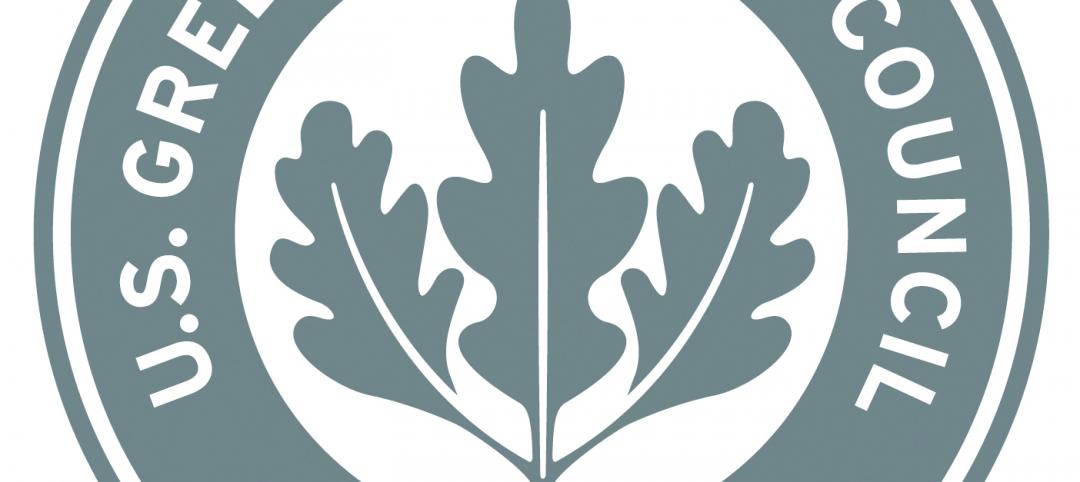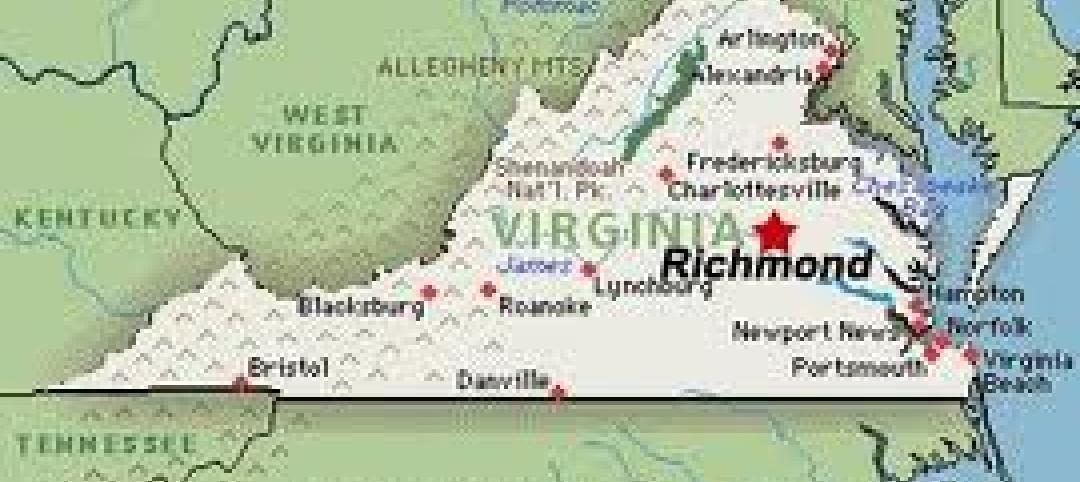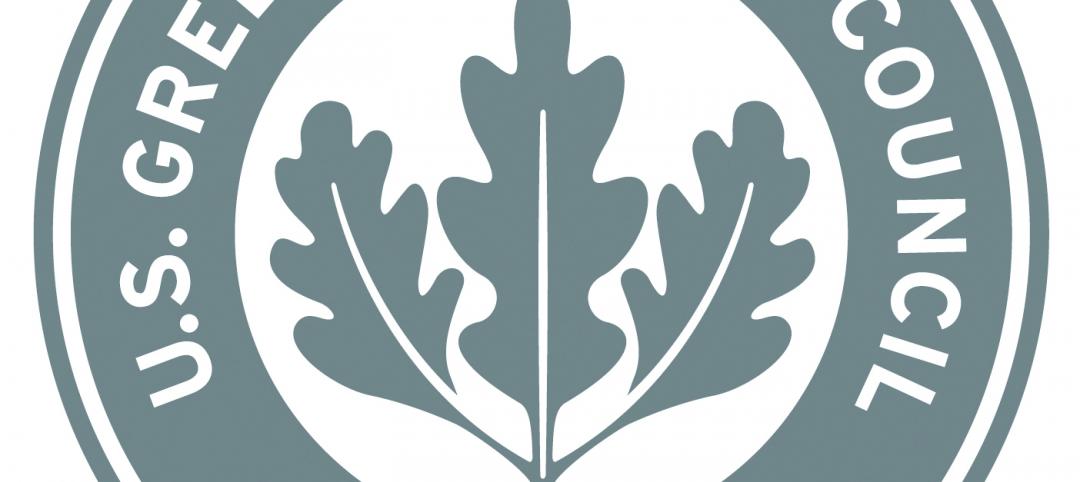The Occupational Safety and Health Administration (OSHA) has issued interim enforcement guidance to help combat supply shortages of disposable N95 filtering face piece respirators (N95 FFRs).
Due to the impact on workplace conditions caused by limited supplies of N95 FFRs, OSHA says employers should reassess engineering controls, work practices, and administrative controls to identify any changes that could decrease the need for N95 respirators. Employers may consider use of alternative classes of respirators that provide equal or greater protection compared to an N95 FFR.
Alternatives include National Institute for Occupational Safety and Health (NIOSH)-approved, non-disposable, elastomeric respirators or powered, air-purifying respirators. When these alternatives are not available, or where their use creates additional safety or health hazards, employers may consider extended use or reuse of N95 FFRs, or use of N95 FFRs that were approved but have since passed the manufacturer’s recommended shelf life, under specified conditions.
This interim guidance will take effect immediately and remain in effect until further notice, OSHA says.
Related Stories
| Feb 23, 2012
Federal budget cuts put major building projects on hold
A plan to build the National Bio and Agro-Defense Facility in Kansas is among several major building projects in jeopardy after the Obama administration’s 2013 budget was unveiled. The budget would cut all construction spending for the facility.
| Feb 23, 2012
Federal agencies fixed on leasing LEED-certified space
The federal government is especially focused on renting LEED-certified spaces.
| Feb 23, 2012
Regulators investigating construction accident at World Trade Center
The New York Port Authority and the city’s fire and building departments are investigating an accident at the World Trade Center construction site in lower Manhattan after a crane dropped steel beams that fell about 40 stories onto the truck that delivered them.
| Feb 23, 2012
New Virginia statewide building code goes into effect March 1
After March 1, all building plans in Virginia must adhere to the 2009 code that was adopted a year ago.
| Feb 23, 2012
Privatizing flood insurance could lead to new code requirements
One thing that could pave the way toward private flood insurance would be NFIP reforms, like requiring new construction in flood-prone areas to be elevated.
| Feb 22, 2012
ACI BIM manual for cast-in-place concrete in development
The improved communication, coordination, and collaboration afforded by BIM implementation have already been shown to save time and money in projects.
| Feb 20, 2012
Comment period for update to USGBC's LEED Green Building Program now open
This third draft of LEED has been refined to address technical stringency and rigor, measurement and performance tools, and an enhanced user experience.
| Feb 20, 2012
GAF introduces web portal for architects and specifiers
The new portal offers a clean look with minimal clutter to make it easier to find the technical information and product data that architects need.















